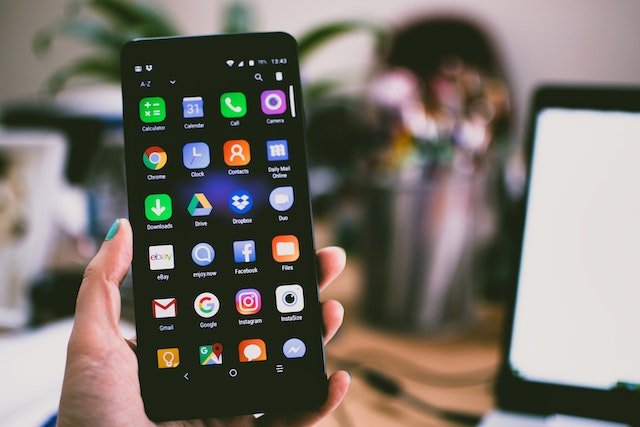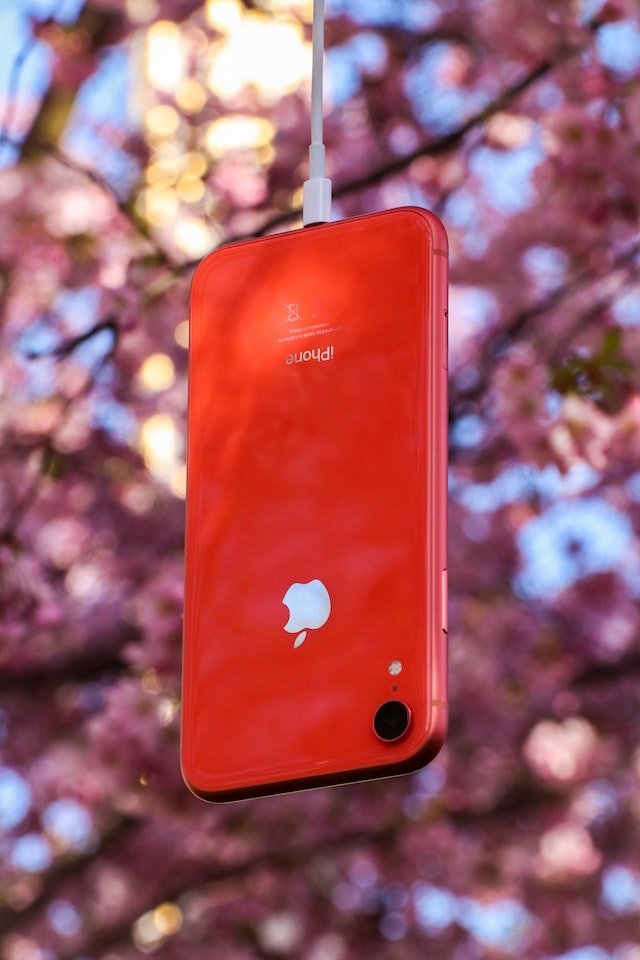8 Best Tips Mobile OS: Android vs iOS
In the ever-evolving world of smartphones, Best Mobile OS: Android vs iOS and the choice of the right mobile operating system can significantly impact your digital experience.
Android vs iOS, the two titans of the mobile OS industry, offer distinct ecosystems, features, and user experiences.
This article aims to provide you with a comprehensive comparison of Android vs iOS, helping you make an informed decision when it comes to your next smartphone purchase.

Table of Contents
- Introduction
- Android: The Versatile Giant
- iOS: The Refined Ecosystem
- User Interface and Customization
- App Ecosystem
- Hardware and Device Options
- Security and Privacy
- Updates and Fragmentation
- Voice Assistants: Google Assistant vs. Siri
- Conclusion
Introduction
The smartphone you carry in your pocket is more than just a device; it’s your gateway to the digital world.
The operating system that powers your smartphone plays a pivotal role in shaping your daily interactions, productivity, and entertainment.
1. Android: The Versatile Giant
Customization and Diversity
Android, developed by Google, is renowned for its flexibility and diversity.
It powers a wide range of devices from various manufacturers, allowing users to choose a smartphone that suits their preferences and budgets.
2. iOS: The Refined Ecosystem
Seamless Integration
iOS, the brainchild of Apple, offers a tightly controlled and seamless ecosystem.
Apple’s integration of hardware and software results in a harmonious and user-friendly experience.
3. User Interface and Customization
Tailoring Your Experience
Android users enjoy extensive customization options, from changing wallpapers to using third-party launchers and widgets.
iOS provides a more uniform and user-friendly interface with limited customization.
4. App Ecosystem
Quantity vs. Quality
The Google Play Store offers a vast selection of apps, including many free and open-source options.
Apple’s App Store, known for its stringent review process, is a hub for high-quality apps.
5. Hardware and Device Options
Diversity vs. Uniformity
Android smartphones come in various shapes, sizes, and price ranges, providing options for all budgets and preferences.
iOS devices are exclusively designed and manufactured by Apple, offering a consistent, premium hardware experience.

6. Security and Privacy
Balancing Act
Apple prioritizes user privacy and security, implementing features like App Tracking Transparency and end-to-end encryption.
Android offers more openness, enabling users to sideload apps and exert greater control over permissions.
7. Updates and Fragmentation
Timely Updates vs. Fragmentation
Apple delivers timely iOS updates directly to its devices, ensuring a consistent experience across its user base.
Android updates, on the other hand, often experience delays due to manufacturers and carriers, leading to fragmentation.
8. Voice Assistants: Google Assistant vs. Siri
AI-Powered Assistants
Google Assistant, driven by its AI capabilities, excels in natural language processing and contextual understanding.
Siri, Apple’s virtual assistant, offers a range of voice-activated functions and is deeply integrated into the iOS ecosystem.

Conclusion
The choice between Android vs iOS is a deeply personal one, influenced by your individual needs, preferences, and the experience you seek from your smartphone.
Android offers versatility, customization, and a wide array of device options, making it ideal for those who value diversity and flexibility.
iOS provides a refined, user-friendly ecosystem with strong security and privacy measures, making it a top choice for those who seek a seamless, controlled experience.
Whichever operating system you choose, both Android vs iOS have their merits and continue to evolve, introducing innovative features and enhancements to enhance your digital life.
Your choice should align with your unique requirements, ensuring that your smartphone becomes an extension of your digital identity.
FAQs
1. Which operating system is more secure, Android vs iOS?
Both Android and iOS prioritize user security, but they take different approaches. iOS is known for its stringent security measures, including strict app vetting and end-to-end encryption for iMessages.
Android, on the other hand, offers more openness, but users need to exercise caution and download apps only from trusted sources.
Ultimately, the level of security depends on your usage habits and adherence to security best practices.
2. Can I switch from Android vs iOS or vice versa?
Yes, it’s possible to switch between Android and iOS devices. However, the process may involve some data migration and adjustment to a new ecosystem.
Both Google and Apple offer tools to help you transfer contacts, photos, and other data. Keep in mind that some apps or services may not be available on both platforms.
3. Which voice assistant is better, Google Assistant or Siri?
The choice between Google Assistant and Siri depends on your preferences and ecosystem.
Google Assistant is known for its strong AI capabilities and natural language processing, making it ideal for tasks like voice searches and automation.
Siri, integrated deeply into the Apple ecosystem, excels in tasks like setting reminders, sending messages, and controlling smart home devices.
Consider which ecosystem aligns better with your needs.
4. Do Android and iOS offer regular software updates?
Both Android and iOS receive regular software updates, but the frequency and availability may vary.
Apple typically releases iOS updates to all supported devices simultaneously, ensuring a consistent experience.
Android updates, on the other hand, may experience delays due to the involvement of manufacturers and carriers. If timely updates are a priority for you, consider an iOS device.
5. Can I customize my smartphone’s appearance more with Android?
Android offers extensive customization options, allowing you to change themes, wallpapers, and even install third-party launchers to alter the look and feel of your device.
iOS, while less customizable, provides a uniform and user-friendly interface. If you enjoy tailoring your device’s appearance, Android may be more appealing to you. Read More >